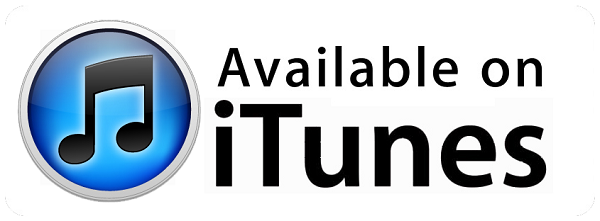...but for me, iTunes started on a high - "wow, what a great idea" back when they first got going, and has been luge-ing downhill ever since. I don't remember the exact date (too far in the past) but at some point I listened to the iTunes high resolution compressed version of an album and the HDTracks version, and said, nope, no more iTunes purchases. Apple TV always had something missing that was out there in either my cable provider or my streaming video system, so never made it into my systems. Honestly, though, the sound quality difference between iTunes and the burgeoning HD world also played a part - what compromises were they going to try to sneak on me in Apple TV.
So far they've kept me for my laptops and tablets, and I enjoy my Apple watch. But a crack may now be opening on laptops - I can get a MUCH higher spec, higher performance Windows laptop now for almost a thousand dollars less. Up until recently, Apple's commitment to having at least one laptop that was spec'd like a desktop kept me on board- as a photographer shooting 40-100mp cameras, I need that power. But now, they don't have the most powerful setups, and want a crazy premium for what they do have... and went and changed all the peripherals' interfaces so I have to re-buy.
Ah, Steve... I used to give you the food off my cafeteria tray, and you repaid me millions of times over at Apple. I do miss you, but Apple misses you even more.




























































